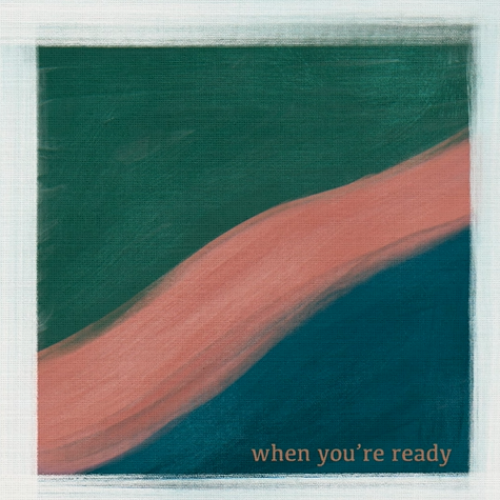In Chuck Palahniuk’s 2007 novel Rant, there is a scene in which one of the characters voices his opinion on the place that small towns occupy in our collective imagination, particularly in the minds of those born and raised in such locales. He says that “the big reason why folks leave a small town, is so they can moon over the idea of going back”. “The reason they stay put”, he continues, “ is so they can moon about getting out”.
Coming from a relatively small and anonymous place myself, I agree that one of the many charms that characterizes small towns has to do with a latent feeling that we could always easily depart, never to be heard of again. There is an inherent sense of protection in such anonymity, which would explain the unmatched feeling of liberation one feels when stepping onto the train platform when first arriving in the big city. We’re aware that the outside world offers us strength in numbers, but there is also peace of mind knowing that no one else is aware of the dark hole’s location out of which we emerged and into which we can always crawl back should the occasion call for it.
In that sense, towns also serve as abstract boundaries in our imagination. They stand at the barren edge of the small but increasingly growing worlds of our childhood and adolescence, showing us a grounded and finished place with little to no room for change on one side and the endless possibilities that lie waiting beyond their borders on the other.
On the one side is a world that, much like our childhoods, we had no hand in building. While on the other, we can appreciate the inviting nature of an open-endedness that beckons to our growing sense of self. This is why the notion of paying a visit “back home” also means revisiting our past. And this is where complicated or mixed feelings can arise, depending on the amount of baggage in our closets.
This feeling of anxiety when confronting the unresolved parts of our past is a crucial part of what Syracuse-based lo-fi act Winter Beach explores in his new single “When You’re Ready” off his upcoming album The Great and the Grim out January 29th.
A five-minute swaggering rock number that counts on Winter Beach’s trademark bright and twangy guitar work, “When You’re Ready” serves as a case study in the adverse effect that something as seemingly comforting and innocuous as the notion of “home” can have on our mental health.
For Winter Beach, home is a static place with no room for surprise or adventure. The landscape is oppressive and mundane, time arrested and conditioned by a feeling of predictability or repetitiveness:
“Road leads down to the same old fields
Too far back in the video reel
Darkened by this runaway sky
Going back home reminds me that time does fly.”
To make things less rosy and welcoming, we’re given a hint that this is a place the narrator has made a conscious effort to forget due to seemingly unresolved past issues:
“Not looking back should have saved my crying
For the day that I found myself lying
Not good enough, but thanks for trying.”
What exactly haunts the speaker remains uncertain, but what’s clear is that his anxiety has wreaked havoc on both his self-confidence and self-esteem, rendering him unproductive, lazy, and leaving him at the mercy of some external agent:
“Waking up noontime
Outside sun-dried
Oh, I should know
To know that you’ve got mine
Oh, just take it slow.”
These verses, which are sung along at a slow-moving wandering pace, conjure a feeling of deep emotional tension and claustrophobia that climax in a cathartic cascade of open chords as the speaker exhorts himself to keep it together:
“Keep it steady
When you’re ready
Keep it steady
When you’re ready.”
The chorus which is deliberately repeated, feels like a mantric affirmation of strength, a plea to the self not to surrender. In a way, Winter Beach provides us with a suitable lesson in the importance of knowing when to yield and when to take ownership of our anxiety and emotional responses. One which we could readily apply to our daily lives during this now year-long pandemic, as he reminds us that the process of spiraling and feeling trapped is as much conditional as it is cyclical.
Even if we’re unable to change the aspects of our past selves that continue to haunt us, we’re able to work on our defenses against them. In turn, this process can be conducive to building a new understanding of the notion of “home” and the warmth and respite we traditionally come to associate with it. It also allows us both the freedom and strength to reimagine ourselves, bringing us a bit closer to a state of peace and contentment in which the need to escape feels more like an act of innocent curiosity than a consuming necessity.







